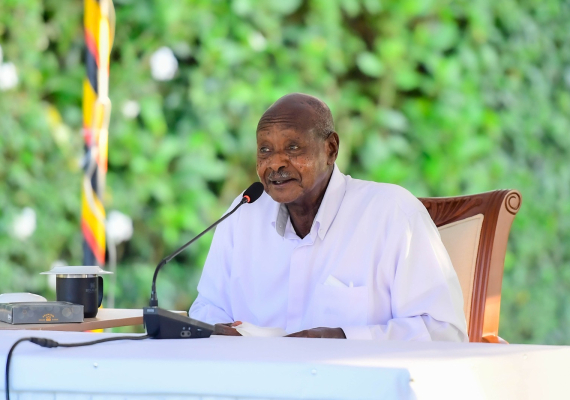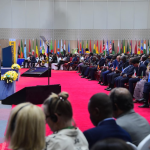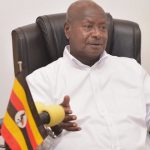President Yoweri Museveni has taken a strong stance on reducing numerous government agencies and authorities which he describes as “parasitic” and “irrational.”
In an address aimed at clarifying his position on rationalizing these agencies, Museveni argued that Uganda’s ministries are fully capable of handling the tasks currently overseen by redundant agencies.
“Rationalization means doing away with the irrationalities and only doing things that are rational,” Museveni said.
He criticized the historical reliance on a narrow economic model that focused on the 3Cs and 3Ts—coffee, cotton, copper, tea, tobacco, and tourism as a remnant of colonial thinking.
“The NRM will not confine itself to these alone. We are broadening our economy,” he noted, listing over 30 agricultural products from bananas and maize to dairy, fisheries, and even cashew nuts.
Museveni pointed to the recent economic challenges in other parts of the world, particularly the food shortages and high inflation rates triggered by the #Covid-19 pandemic and the Russia-Ukraine war, and highlighted Uganda’s resilience.
“Our inflation rate, at 3% or less, is among the lowest in the world,” he noted, attributing Uganda’s stability to a “broad-spectrum capacity” that includes a range of local products. “While other people in the world are rioting for no food or high food prices, our problem here is low food prices.”
Museveni argued that having a separate agency or authority for each agricultural activity such as coffee, tea, and milk is not only inefficient but also burdensome on the economy due to the added costs of managing these entities. He proposed a more centralized approach, suggesting that technical experts could be grouped within ministries, possibly under a standards department, rather than having separate agencies for each product.
“In this way, you will have safety and quality control, without the baggage of Board members and the other army of administrators,” he said.
Museveni also criticized the leadership of agencies such as the National Agricultural Advisory Services (NAADS), the Uganda Coffee Development Authority (UCDA), and the Dairy Development Authority (DDA), which he believes have failed to understand his “mass-line of prosperity for all.” He introduced Operation Wealth Creation (OWC) to address these gaps, followed by programs like the Parish Development Model (PDM), Emyooga, and youth projects.
“It is criminal for these agencies to interfere with our mandate as the elected leaders of the country to propose adjustments to achieve the goals of socio-economic transformation,” he stated emphatically.
One of his core arguments against agency proliferation was financial. He noted that in 2016/2017, these agencies consumed Shs2.2 trillion, a sum nearly matching the Shs2.6 trillion allocated to ministries.
“The activity-specific agencies that we have been having in a broad-spectrum economy, is a defective formula and not serious,” he added, pointing out that ministries and departments have broader structures and expertise to handle production, quality control, disease management, and value addition for agricultural products.
Museveni drew attention to Uganda’s unique agricultural achievements, attributing some of the progress to individual farmers and Ugandan ingenuity. “Who reared the Ankole cattle that are a global hit? It is us,” he said, proudly mentioning that one of South African President Cyril Ramaphosa’s Ankole bulls was recently sold for Shs370 million ($100,000).
With this directive, Museveni addresses his commitment to a streamlined government focused on service, efficiency, and self-sufficiency, aiming to build a “vertically and horizontally integrated economy” that serves the needs of Uganda’s people.








